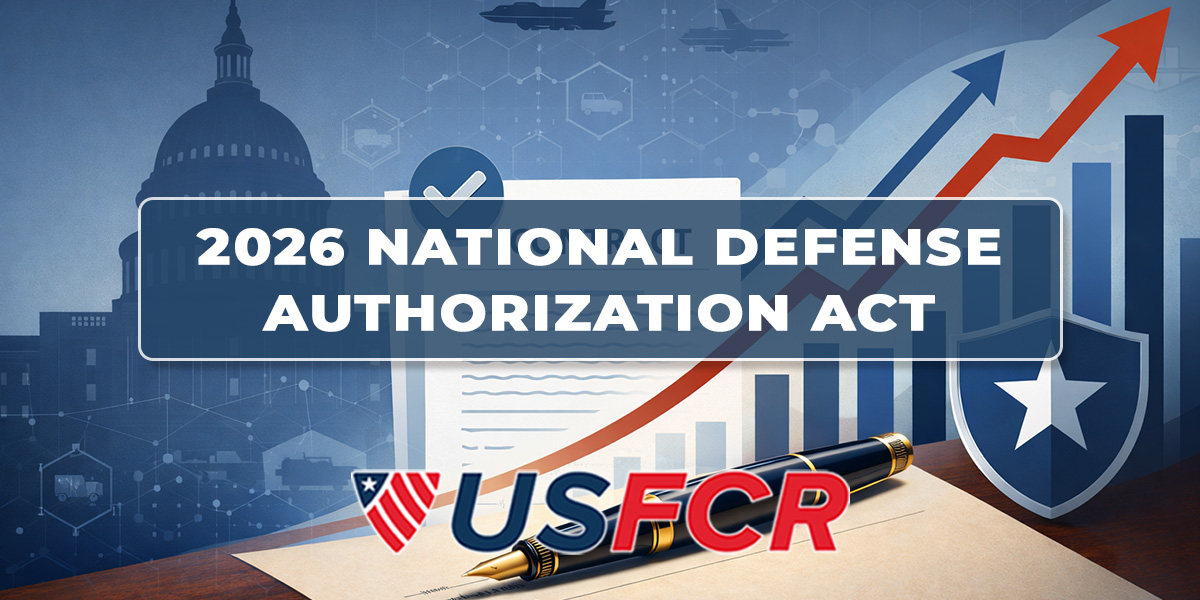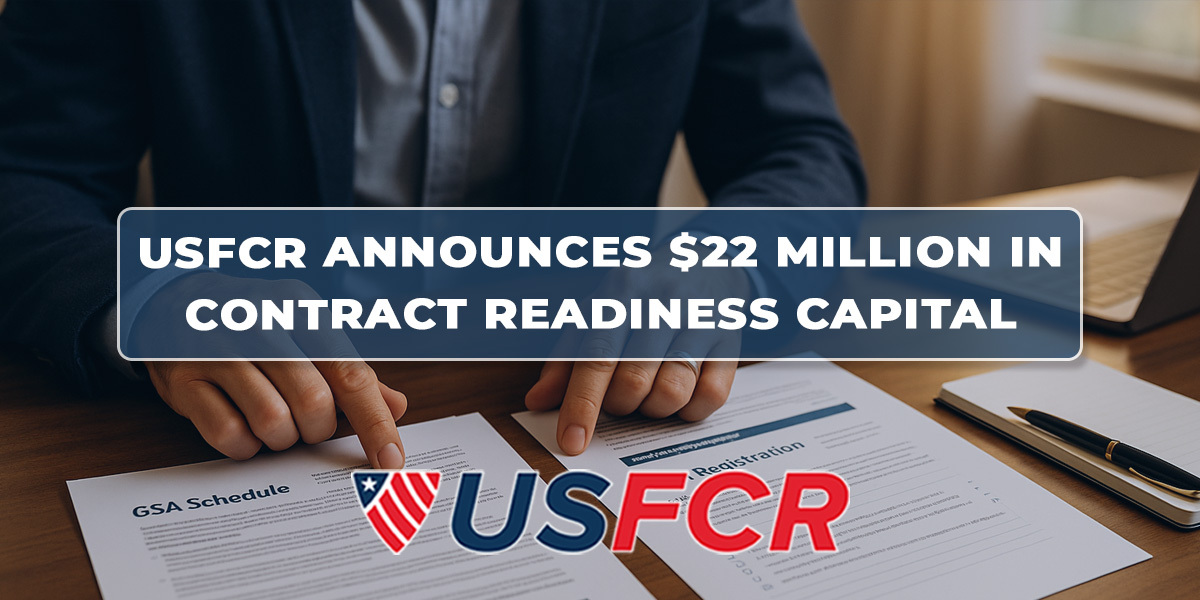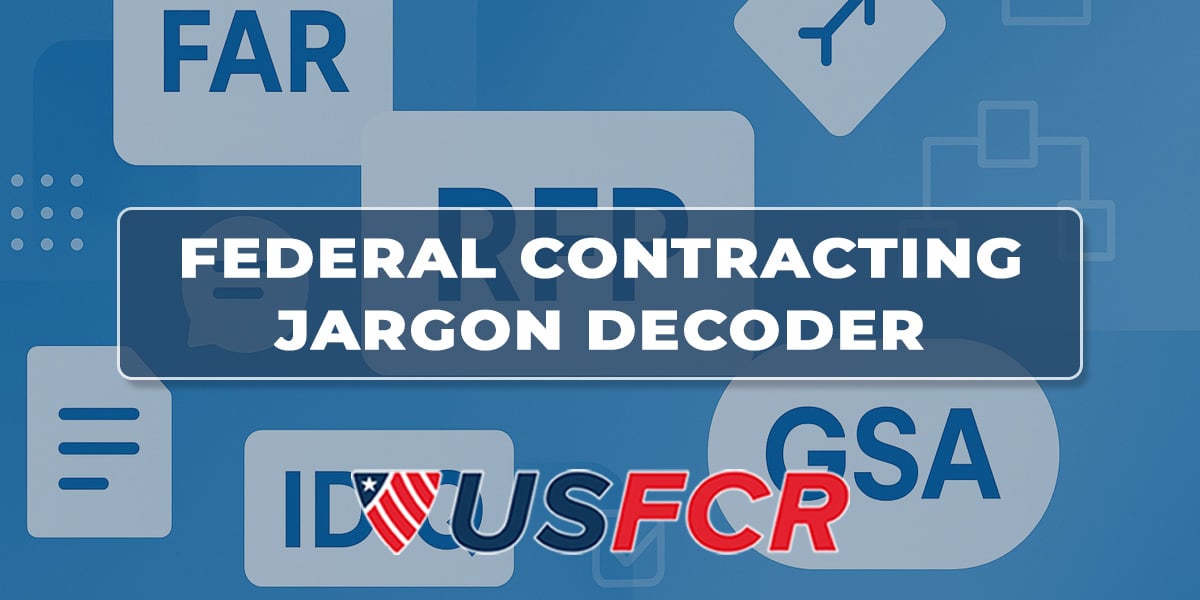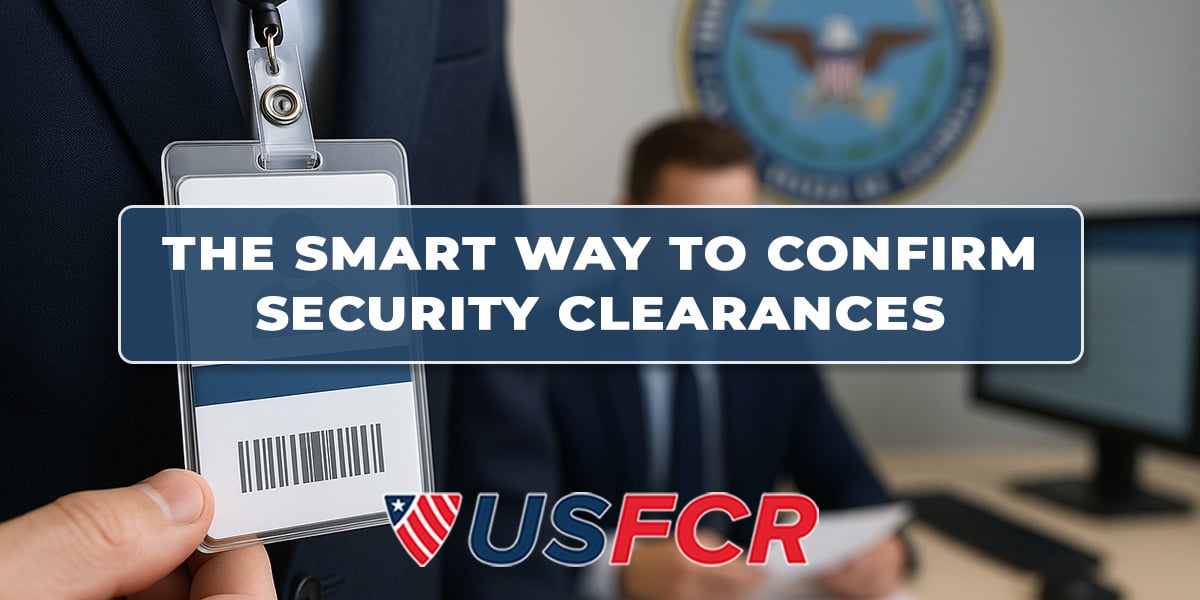If you're pursuing defense contracts, the annual defense authorization bill shapes almost everything about how those opportunities flow. The 2026 NDAA just became law, and it includes changes that will affect your positioning, compliance requirements, and competitive strategy heading into the new year.
You've been hearing about "reshoring" for years now. Mostly abstract policy talk. Press releases about semiconductor plants in Arizona. Maybe some vague references to supply chain resilience that sound good in speeches but don't connect to your actual business.
Then you try to figure out what it means for federal contractors, and the picture gets murkier. Is this just political messaging? Or is something actually changing in how DoD buys things?
Here's what we've learned from helping over 300,000 businesses position for federal contracting success: Something real shifted in 2025. And it creates openings for contractors who understand what's actually happening beneath the headlines.
You've heard that the federal government is the largest buyer of goods and services in the world. You've seen the contract award announcements. You've wondered if your business could get a piece of that market.
Service Contract Act Wage Requirements: What Subcontractors and Workers Need to Know
Nov 26, 2025 9:15:00 AM / by USFCR posted in News, Subcontracting & Teaming
You landed a job through a private company doing maintenance work on a federal site. Your employer says they set their own pay rates. The guy working next to you, a federal employee doing similar work, makes significantly more.
USFCR Announces $22 Million in Contract Readiness Capital for Small Businesses
Nov 24, 2025 1:16:58 PM / by USFCR posted in News, Federal Spending
USFCR just announced $22 million in Contract Readiness Capital at the Defense Leadership Forum's Navy and Coast Guard Contracting Summits. The program removes the biggest barrier keeping small businesses from federal contracting success: the upfront investment required to get contract-ready.
Prime vs. Sub: Finding Your Path Without Set-Aside Certifications
Nov 24, 2025 11:59:59 AM / by USFCR posted in News, Subcontracting & Teaming
You've done your research on federal contracting, and everywhere you look, it seems like the door is only open to businesses with 8(a), WOSB, HUBZone, or SDVOSB certifications. You scroll through SAM looking at opportunities, and half of them are set aside for categories you don't qualify for. It's easy to feel like you're standing outside a party you weren't invited to.
Then you join a federal contracting project, and suddenly everyone's speaking a different language. Your PM talks about "FFP contracts under a MAC IDIQ" and "the CO needs your COR to approve the CDRL before the CLIN can close." You nod along, hoping context will make it clear.
It doesn't. And now you're in a meeting where understanding the procurement language actually matters to your work.
Here's your decoder. Not every federal contracting term exists (there are hundreds), but these are the ones technical professionals actually need to understand to work effectively on federal projects.
Most federal contractors waste significant business development resources pursuing opportunities they have no realistic chance of winning. They chase every solicitation containing their industry keywords, submit rushed proposals to meet deadlines, and lose consistently while wondering why federal contracting feels impossible.
Here's the reality: winning requires systematic qualification that eliminates poor-fit opportunities before you invest proposal resources. The contractors who win consistently aren't necessarily better at proposals. They're better at deciding which opportunities deserve pursuit and which should be declined, regardless of technical fit.
NSIPS for Federal Contractors: Personnel Security Verification Strategies
Nov 4, 2025 8:30:00 AM / by USFCR posted in USFCR Academy, News, Controlled Unclassified Information (CUI)
Defense contractors face a critical verification challenge that most don't recognize until it costs them. When you hire someone who claims Secret clearance, you're operating on trust until the security office confirms their status. That gap between hire date and verification creates liability, delays contract staffing, and occasionally reveals candidates who've misrepresented their clearance history entirely.
Finding the Right Federal Opportunities: Why Basic Searches Miss High-Value Contracts
Oct 31, 2025 8:30:00 AM / by USFCR posted in USFCR Academy, News
Most federal contractors waste 60-70% of their business development time pursuing opportunities they'll never win. They're searching SAM with basic keywords, seeing thousands of results, and chasing contracts that don't match their capabilities, past performance, or competitive positioning.










